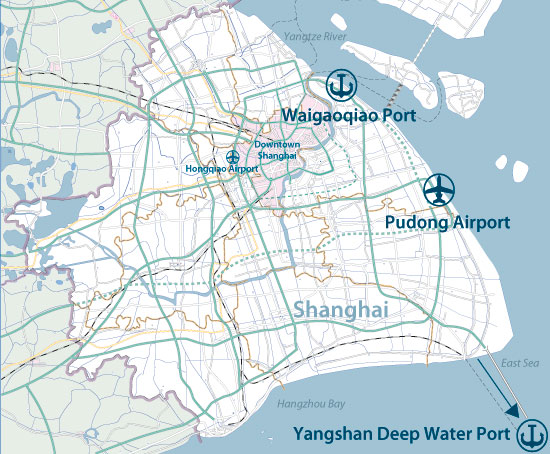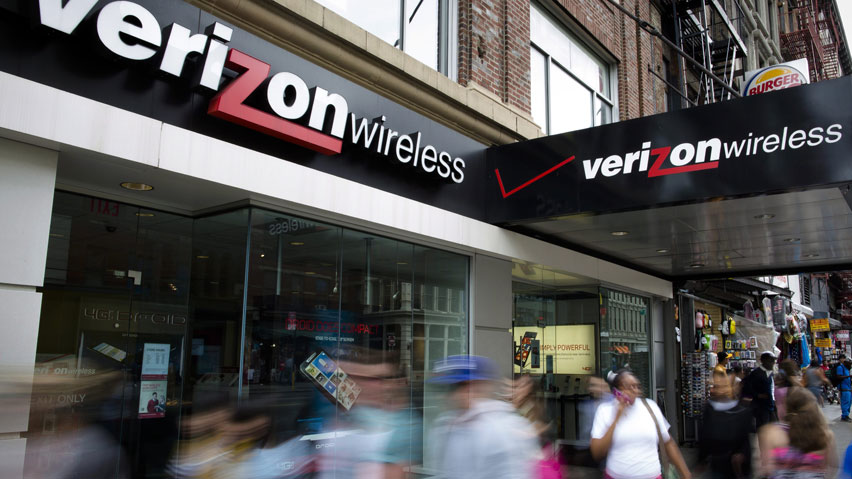After reading numerous blog posts about Snapchat reportedly turning down a 3 billion dollar acquisition from facebook, I have began to think about it from Facebook ‘s perspective. Only a year ago they paid a whopping billion for instagram in what seemed like a huge deal, but there are again sparing no expense. They even created their own version of snapchat called facebook poke that arguably has better features but saw little success (still available in the app store). So what was in it for Facebook?

In their most recent earnings report Facebook announced that it is seeing a decline in usage from its younger user bases. This news is quite troubling since the younger generation usually signals many emerging trends. The problem could be that Facebook is now too widespread. Yes, their biggest strength became a weakness, simply because as the parents the younger generation begin to adopt and use facebook, youth find it more difficult sharing their activities under watchful eyes. Instead they opt for a much more private and personal service such as Snapchat.
This case shows some key characteristics of the technology industry. A company’s value is not based on the quality of the product but rather the number of users. Firms can grownincredibly fast, but at the same time the danger of something “going outing fashion” is always on the horizon. Perhaps that’s why Facebook is willing to pay so much for a company that isn’t even profitable yet.





 “The State Council said foreign and private companies would soon be allowed to invest freely in banks, shipping ventures, travel agencies and health and medical insurers that are set up in the experimental zone” – New York Times.
“The State Council said foreign and private companies would soon be allowed to invest freely in banks, shipping ventures, travel agencies and health and medical insurers that are set up in the experimental zone” – New York Times. When Apple released it the iPhone 5C in September, many expected it to be a low cost alternative that Apple could use to break into emerging markets. However, the retail price of the 5c is $549 (off contract) only $100 dollars cheaper than the 5s (US prices). The phone is by no means “cheap” either, as the build quality is up to Apple standards in every way, the only difference being the internals and choice of materials.
When Apple released it the iPhone 5C in September, many expected it to be a low cost alternative that Apple could use to break into emerging markets. However, the retail price of the 5c is $549 (off contract) only $100 dollars cheaper than the 5s (US prices). The phone is by no means “cheap” either, as the build quality is up to Apple standards in every way, the only difference being the internals and choice of materials.


Recent Comments